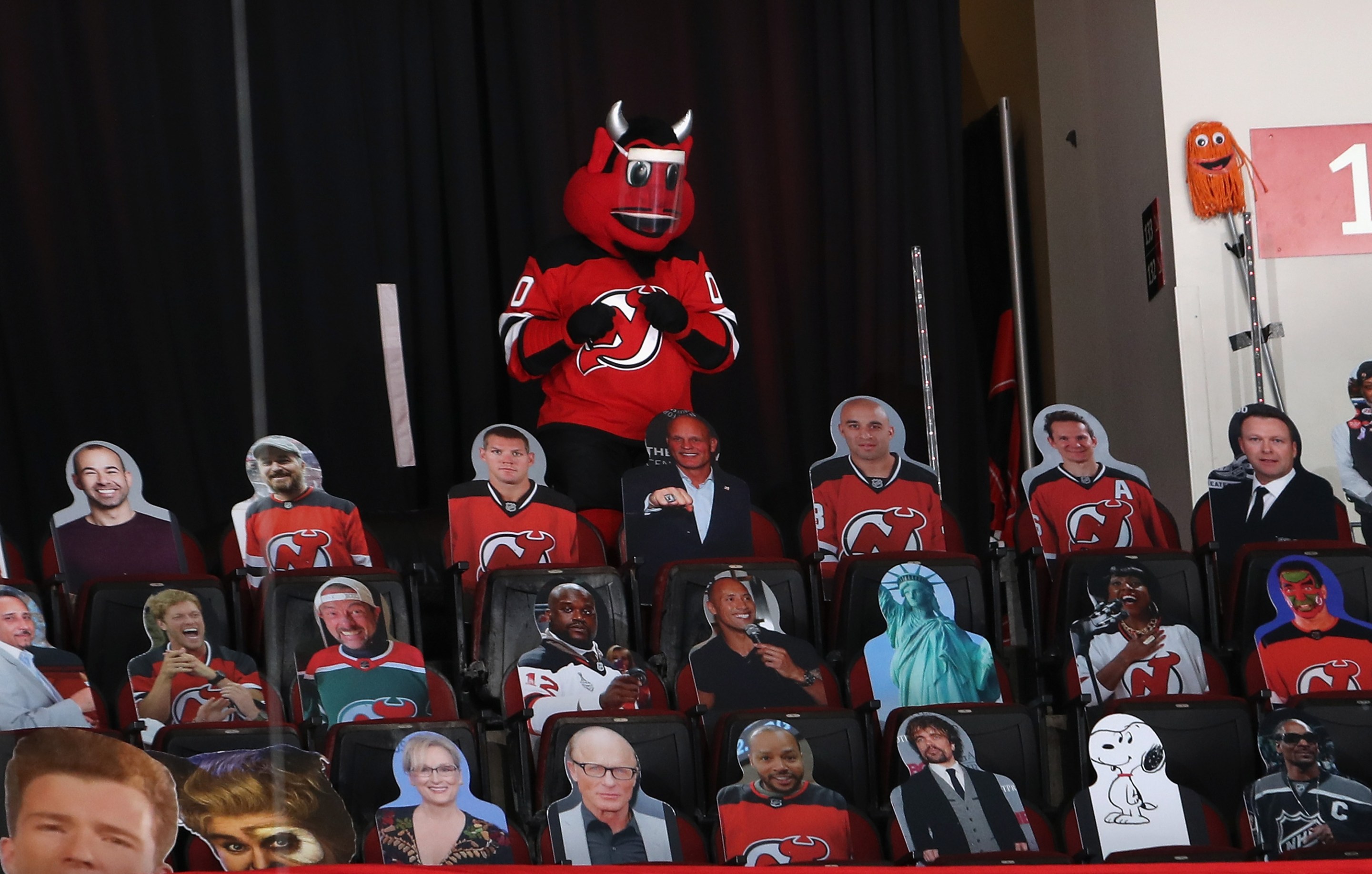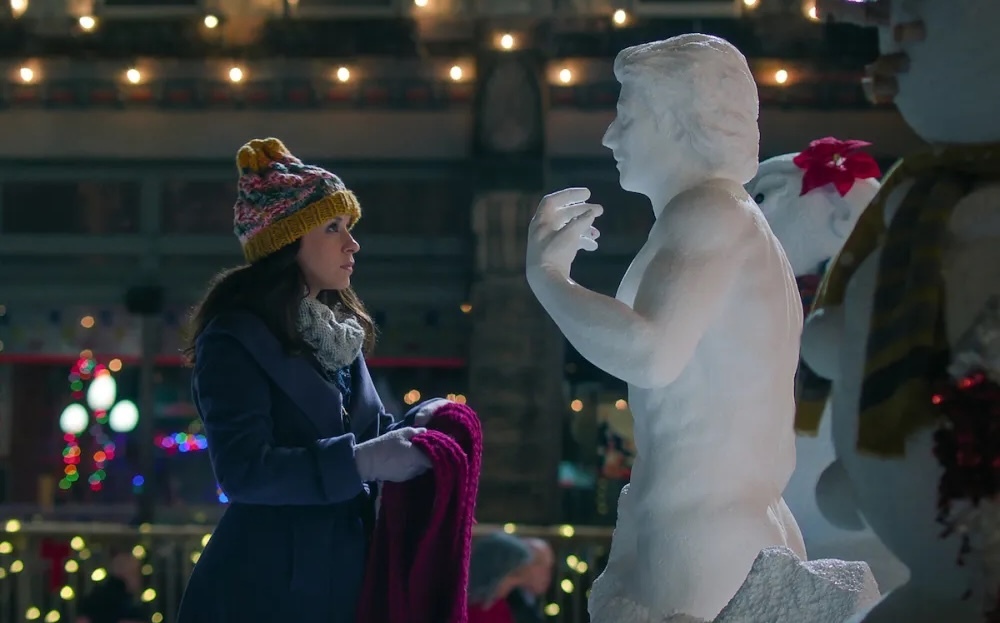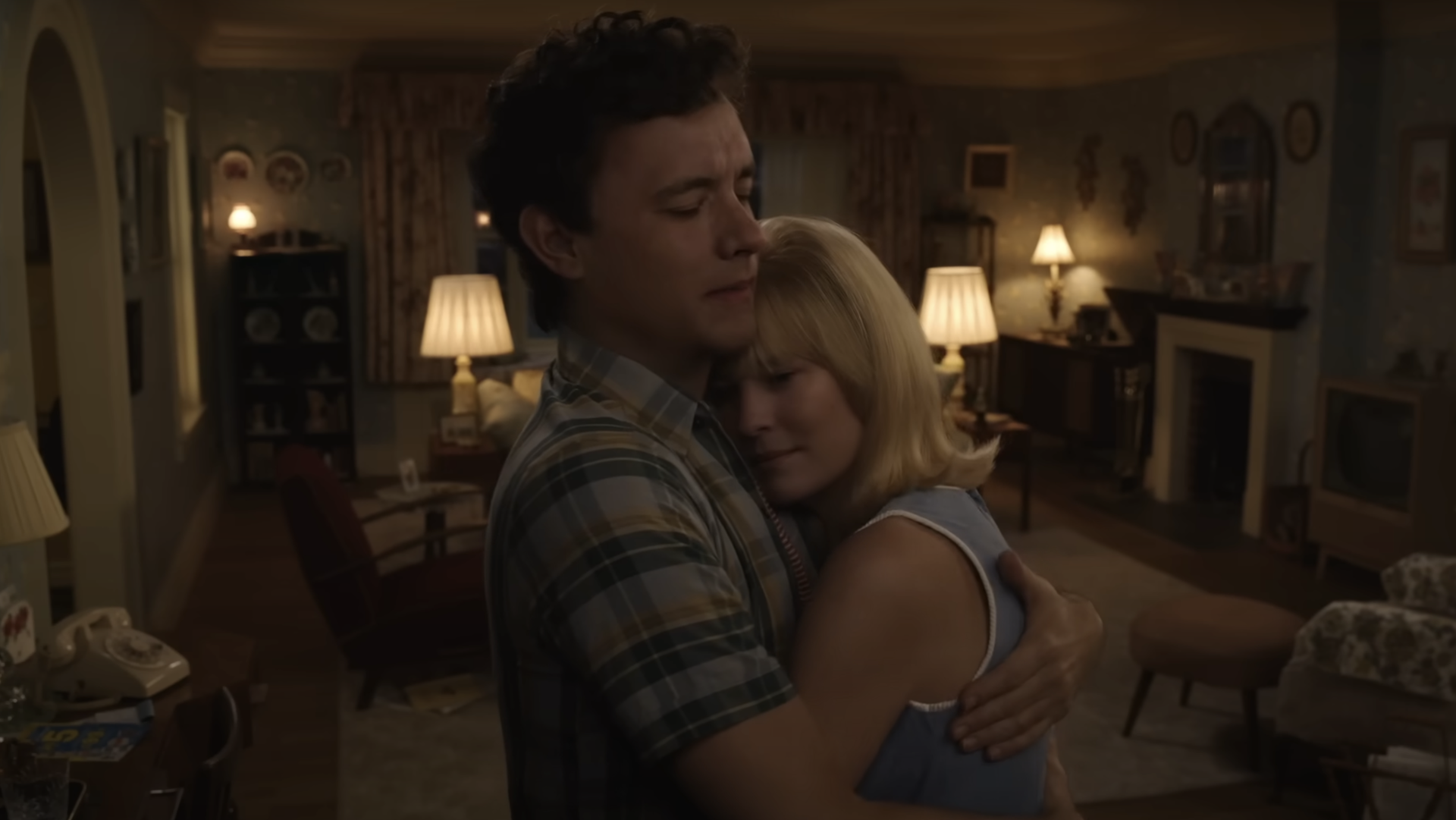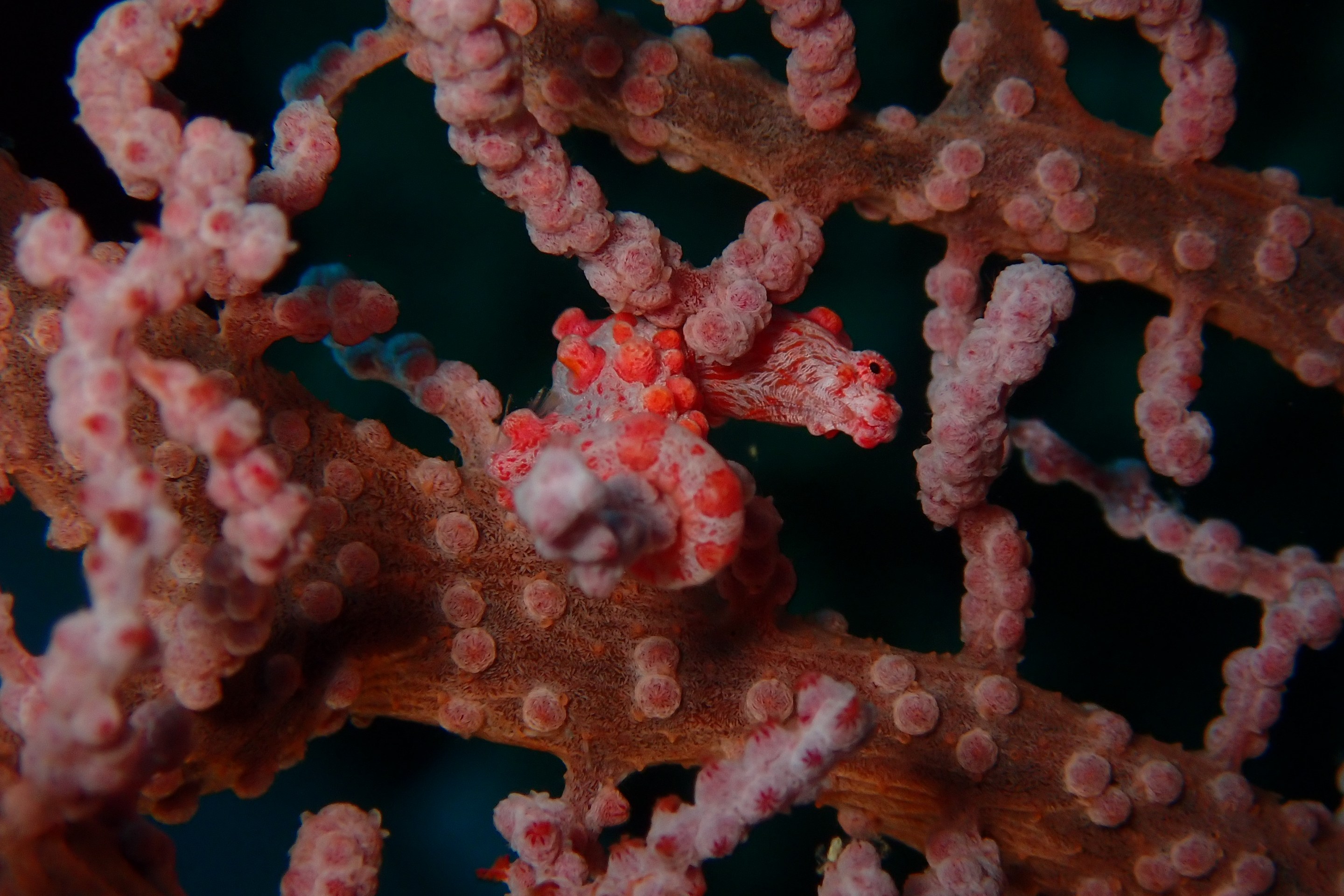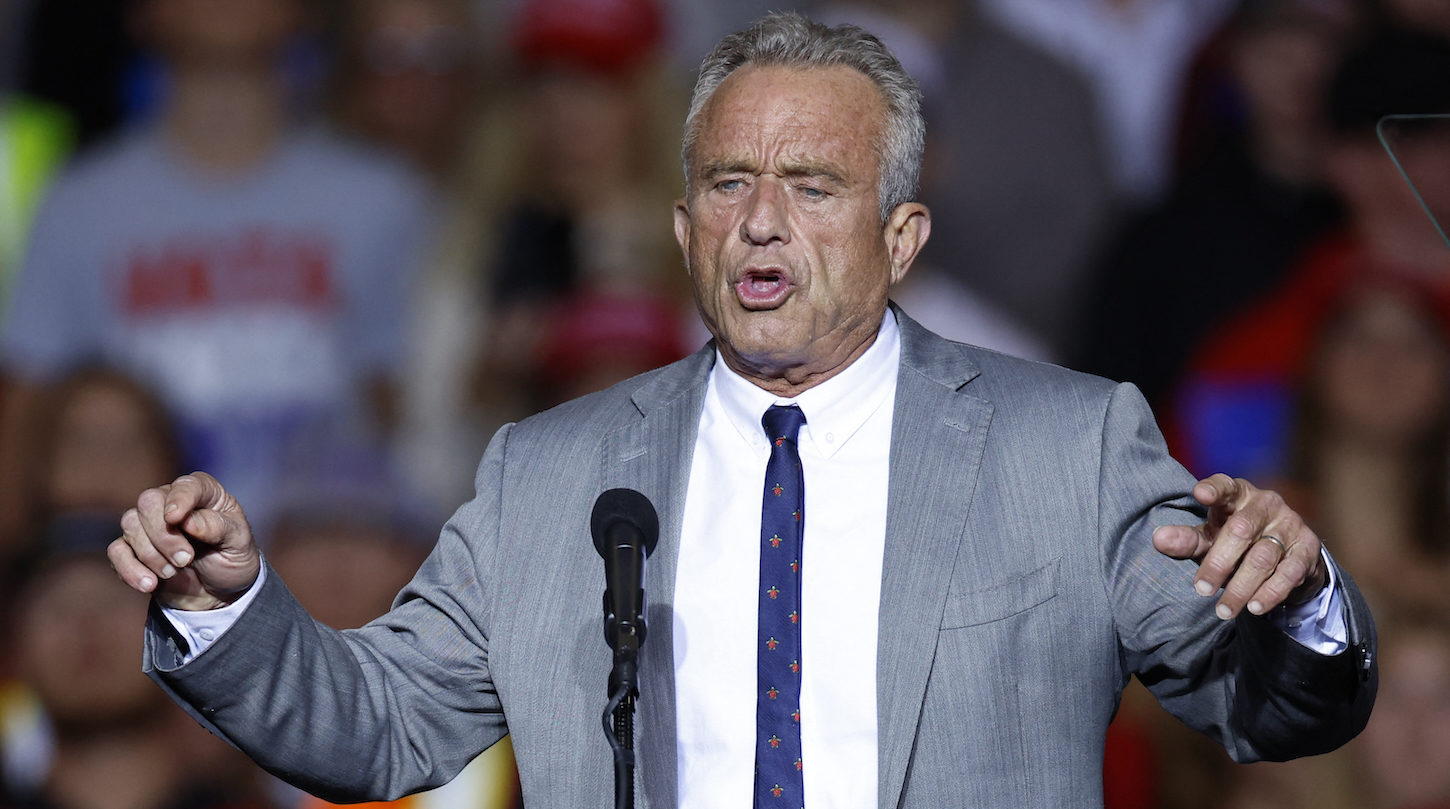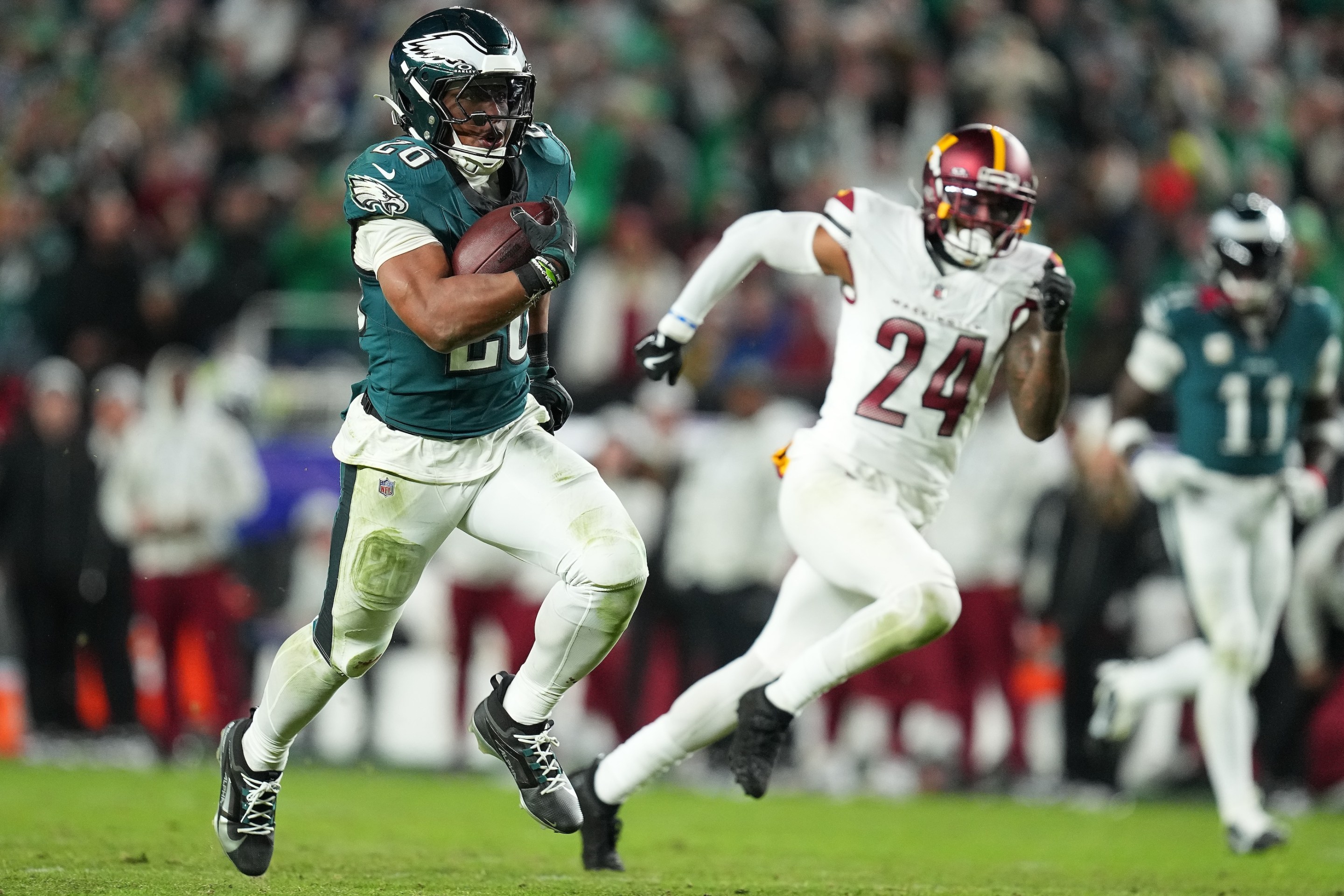Every American sports league that's tried to grit out a normal-ish schedule in the middle of this pandemic has reached a point of COVID chaos. In late July, MLB teams like the Marlins and Cardinals had to endure extended pauses because of their outbreaks. In the NFL, a Week 4 Titans outbreak was the first to cause a headache-inducing shuffling of games. And in the NBA, a multitude of cases across teams pushed the league to implement tighter restrictions and more theatrical security measures last month.
Now, those same difficulties are starting to pile up the NHL, where both the Stars and the Hurricanes have already weathered outbreaks and where three teams are currently in the midst of game postponements due to their own COVID problems.
- Out West, the Vegas Golden Knights, who had to have their GM and some of their minor-league staffers coach the team last Tuesday because their entire coaching staff was quarantined, have now shut down and pushed back at least three games set to be played this week.
- Back East, the New Jersey Devils have over a dozen players on the COVID-19 protocol-related absences list and will not play again until at least Feb. 9.
- And, perhaps most frustratingly, the Buffalo Sabres have been forced to pause their own season and won't drop the puck until Feb. 11 at the earliest. That news comes following their most recent game on Sunday, which came against the Devils, who already had five players on the COVID list at the time.
Since that Devils game, two Sabres players—Taylor Hall and Rasmus Ristolainen—have ended up on the COVID list, while five New Jersey skaters who featured in that last contest have since made their own appearances. Being on the COVID list does not necessarily mean that any of these players have tested positive for the virus—there are a bunch of reasons why someone could show up there, and the NHL doesn't volunteer that information. But in the absence of clarifying statements from the league, there's some rightful frustration and concern that the Sabres may be in danger of developing a serious problem—or, at the very least, that Buffalo was put in a dangerous situation by decision-makers who were not cautious enough. (Most notably, Devils winger Kyle Palmieri was placed on the list right before Sunday's game after playing 18 minutes against the Sabres on Saturday.)
Erie County (N.Y.) Executive Mark Poloncarz blasted the NHL for letting Devils-Sabres happen even as it was clear that New Jersey had a developing problem.
This should not have happened and is unacceptable. The careers and lives of players, coaches, staff, and security at the arena and hotel where the Devils stayed were put at risk by the NHL to play 2 games when it appears the Devils had an outbreak. The Sabres should be furious. https://t.co/vuqoxRFn1N
— Mark Poloncarz (@markpoloncarz) February 2, 2021
Mike Harrington of the Buffalo News cites one source claiming that the Sabres did, in fact, ask for a postponement, but were turned down by the league. The NHL both denied that allegation and tried to emphasize that they do not have proof that the Sabres' COVID problems were caused by the Devils.
"At this point, it’s not clear to us that there was transmission between teams," NHL deputy commissioner Bill Daly told them. "The incubation period was shorter than it normally would be. We’ll see what happens in the next couple of days and then perhaps we will have information from which we can draw conclusions."
Even if a postponement could have spared the Sabres in this particular instance, these snowballing difficulties were bound to hamstring the league sooner or later. This past month in America saw COVID cases hit their highest recorded levels, and the idea that you could have two dozen teams zig-zagging across the country—even if they were somewhat confined by region—without catching the virus and then spreading it is laughable on its face.
The sports leagues' answers to these outbreaks has invariably been a tightening of the rules governing players, thus turning control of the virus into an issue of personal responsibility, so if this gets worse expect the NHL's response to be more silly crackdowns like the one that punished Caps players for gathering without masks outside of the areas where they're allowed to gather without masks. That's because the actual solution—transforming the U.S. into a place where people don't have to choose between risking their lives and having food and shelter, and therefore don't inevitably spread the virus—is beyond their power. (And just not playing hockey is apparently off the table.)
The league's unique divisional structure this year helpfully makes this all the more apparent. In the past week, Canada has had just 11 COVID cases per 100,000, compared to the U.S.'s 43. And so far this year, while more than half of the league's American franchises have been dealt some kind of postponement, every game in the Canadian Division has gone off without a hitch. Tyler Toffoli is the reward for a functioning society.
